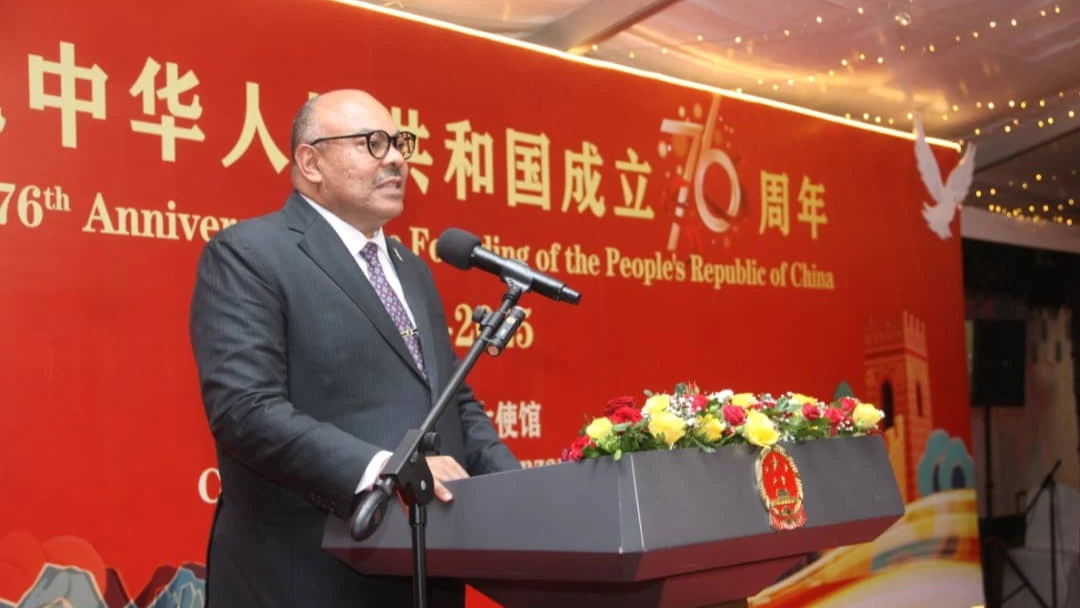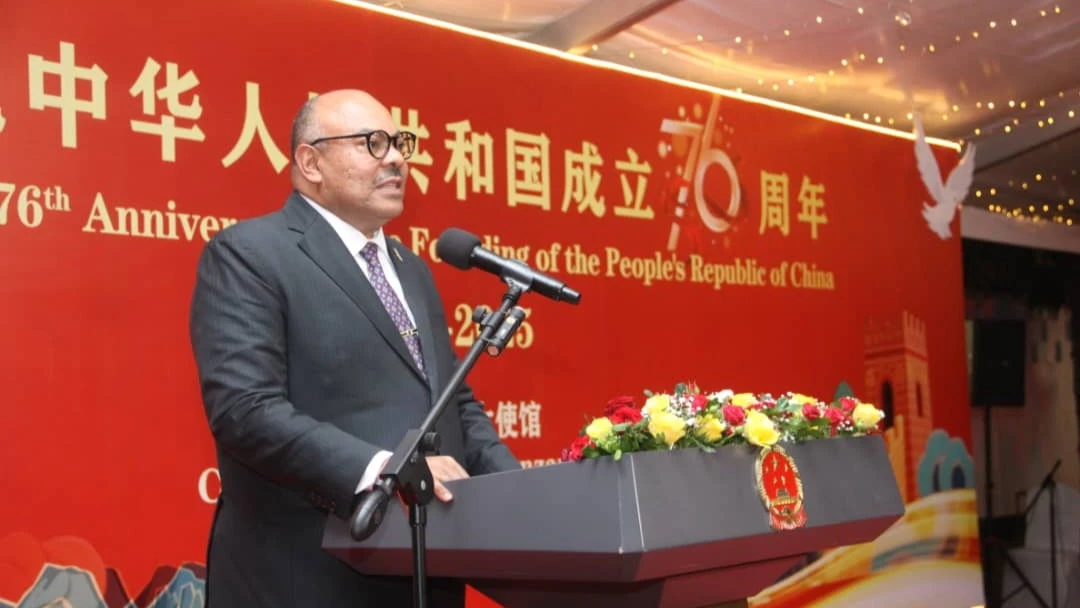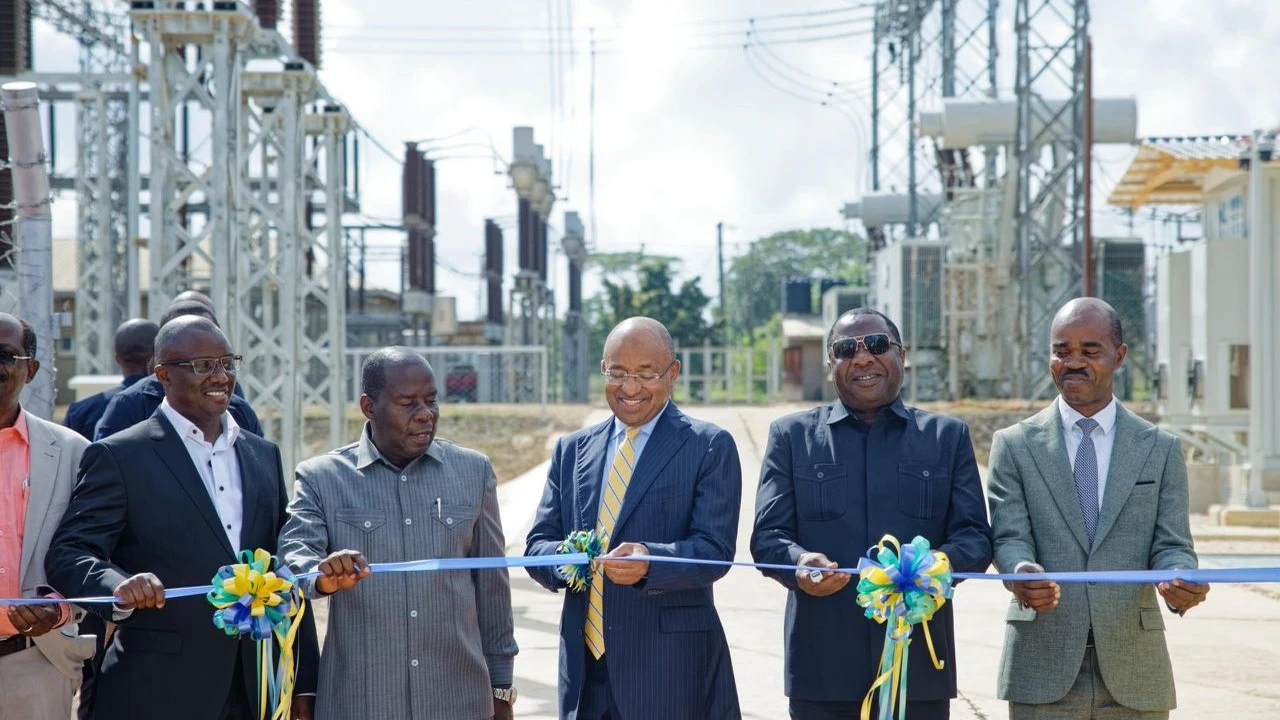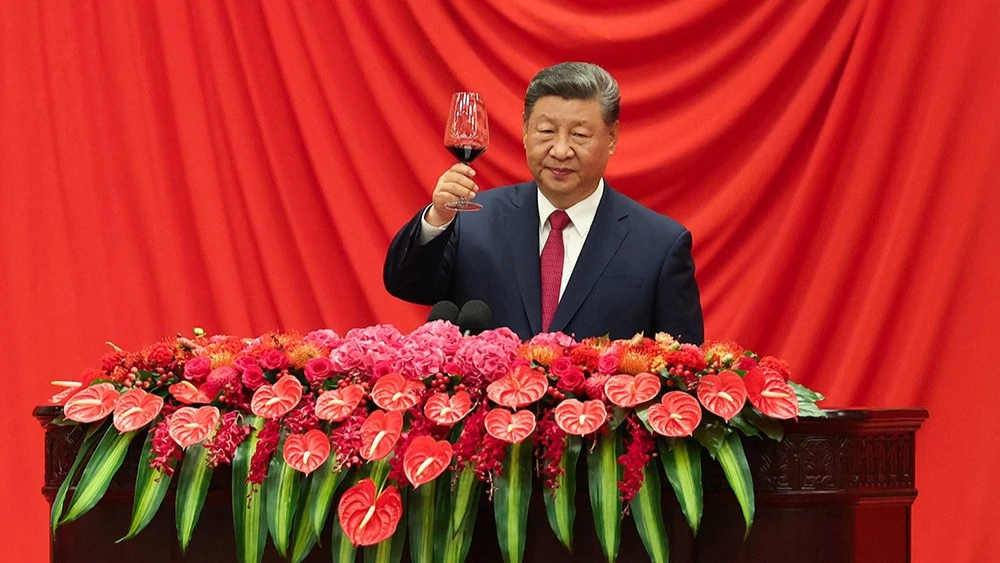Soyabean exports:Tanzania eyes vast tonnage for China

TANZANIA is facing a significant agriculture challenge but also a game- changing economic opportunity as it seeks to elevate the export of soyabeans to cater for vast import demand from its largest trading partner,China.
Foreign Affairs and East African Cooperation Minister Mahmoud Thabit Kombo disclosed this during a diplomatic reception in Dar es Salaam on Monday this week, to mark the 76th anniversary of the founding of the People’s Republic of China.
Kombo said currently, Tanzania produces only 150,000 tons of soybeans annually, far short of China’s request for 1 million tons.
He emphasized that while Tanzania cannot yet meet the full demand, the situation offers a clear chance to expand the country’s agricultural sector.
He said Soybeans, a staple food in China, represent a game-changing economic opportunity for Tanzania.
To tackle the production shortfall, Kombo called on local and foreign investors especially from China to invest in commercial farming, agro-processing, and logistics infrastructure.
Expanding soybean production, he explained, would create jobs, boost rural incomes, and elevate Tanzania’s standing in regional and international markets.
"A key objective is to shift from exporting raw crops to developing value chains that maximize benefits for Tanzanian farmers and the broader economy," he said
Kombo noted that China is Tanzania’s largest trading partner, with bilateral trade hitting USD 12 billion in 2024. This growth is partly driven by China’s zero-tariff policy for African goods, which opens the door for Tanzanian exports.
However, Kombo cautioned that Tanzania must build the capacity to fully capitalize on the opportunities.
Beyond soybeans, China has high demand for other Tanzanian products like sesame seeds, avocados, and cashew nuts.
Tanzania,Zambia and China have signed an agreement to revitalize the Tanzania–Zambia Railway Authority (TAZARA).
This railway, a historic symbol of friendship, is vital for efficiently transporting agricultural goods like soybeans to ports for export.
Kombo highlighted the railway upgrade as critical to meeting the soybean challenge, linking it to Tanzania’s broader Vision 2050 development goals focused on infrastructure, agriculture, and industrial growth.
“We have the land, we have the people, and now we have the demand. It is time to act,” he declared.
Chinese Ambassador to Tanzania Chen Mingjian expressed support, welcoming high-quality Tanzanian agricultural products and noting ongoing progress in trade, infrastructure, and agricultural modernization.
She called TAZARA a “strategic route for boosting agricultural exports to China and the region.”
The revitalization of TAZARA and the push to scale up soybean production were part of wider China–Africa cooperation efforts under the FOCAC Beijing Action Plan and Tanzania’s Vision 2050, underscoring a deepening partnership poised to transform Tanzania’s agricultural economy.
Top Headlines
© 2025 IPPMEDIA.COM. ALL RIGHTS RESERVED






















